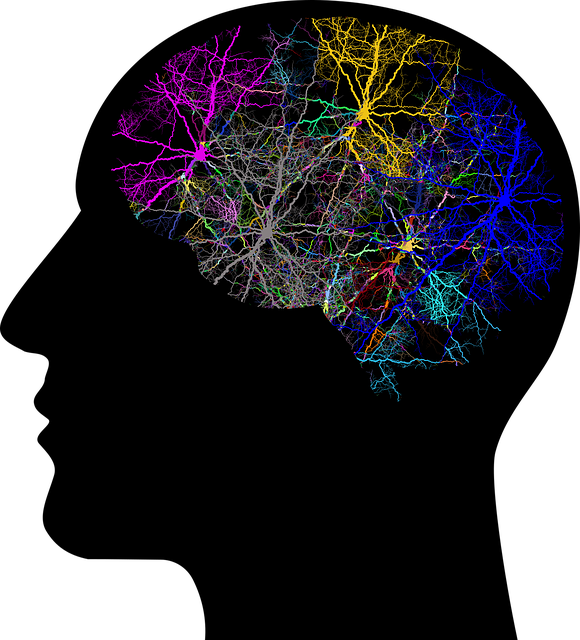Ideology is hidden in the brain. New research combines worldview with intellectual performance
 The human Brain still holds innumerable secrets. One of them is why we make certain choices and choose different paths in life. It turns out that a person's outlook on life can be related to their mental performance, according to a study by the University of Cambridge. Scientists have shown that people with extreme views do less well on complex intellectual tasks.
The human Brain still holds innumerable secrets. One of them is why we make certain choices and choose different paths in life. It turns out that a person's outlook on life can be related to their mental performance, according to a study by the University of Cambridge. Scientists have shown that people with extreme views do less well on complex intellectual tasks.
A team of scientists has found that our brains contain clues about the ideologies we want to live by. New research has shown that people with extremist views are less good at solving more complex brain teasers. Experts believe their work can be used to search for people at risk of radicalization, according to an article published in Philosophical Transactions of the Royal Society B.
Image source: Pixabay
Views vs. Mental Skills
Everyone has certain cognitive dispositions, i.e. the ability to perceive and process information. The researchers decided to investigate whether differences in these skills were related to people's worldview, political beliefs, nationalism, and extremism. Previously, similar research had only been done through the lens of demography, and thus the effects of age, race, and gender on professed worldview. More than 330 people from the United States between the ages of 22 and 63 participated in the study. They all went through a series of tests - they had to 37 neuropsychological tasks solve and fill out 22 personality questionnaires. All tasks were ideologically neutral and included, for example, memorizing shapes.
After analyzing the data collected, the researchers found that ideological attitudes were in cognitive processes reflect. - A key finding was that people with extremist attitudes tend to see the world in black and white. They also found it more difficult to tackle more complex tasks, says the study's lead author, Dr. Leor Zmigrod from the Department of Psychology in Cambridge. - people who have difficulty complex problems process, tend to accept extreme, authoritarian ideologies that simplify the world, so the thesis of the researcher. According to Dr. Zmigrod, people with extremist tendencies are less able to control their emotions, are also more impulsive and seek stronger sensations. - Our research helps understand what type of Personality may be inclined, for example, to violence against the innocent - says the author.
Does extremism arise from cognitive problems?
Researchers say that people prone to extremism often get stuck in their mindsets and are unwilling to listen to credible evidence contradicting their views. This setting can actually be from cognitive problems and result from a lack of processing skills.
- For example, if on a task people with extreme views were asked to decide whether the dots were to move left or right, they would need more time to process that information and make a decision, says Dr. Zmigrod.
For some tasks, participants were asked to provide answers as quickly and accurately as possible. Those who tended towards political conservatism acted more slowly and precisely, while the liberals made quick decisions that were less precise.
- On a very basic neuropsychological level, we could see that conservative individuals treat every stimulus they encounter with caution. This is fascinating because conservatism is almost synonymous with caution, "says Zmigrod. According to the researchers, their findings can help identify and support people who are most prone to radicalization.